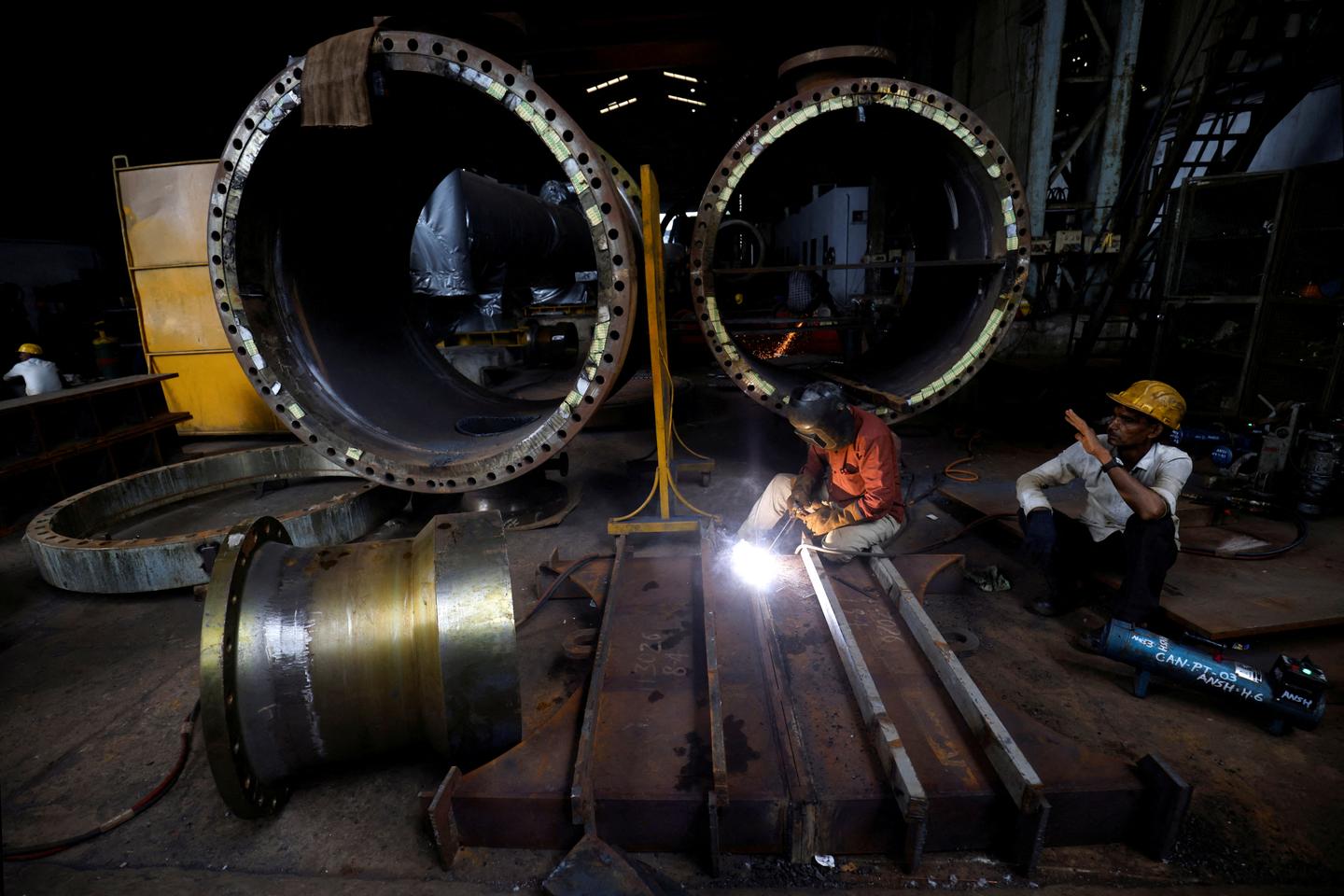


Anna Sebastian Perayil was 26 years old and worked as an accountant in the offices of auditing giant EY in Pune, a large city in western India. She died suddenly on July 20. For her mother, there is no doubt that it was work that killed her. On social media, she described the pressure, stress and long working hours her daughter had to endure. In a letter to the company, reported by the BBC, she explained that the tragedy "highlights a culture that glorifies overwork (...) The pressure to meet unrealistic targets has cost our daughter her life," she concluded.
Her story has sparked a national debate on the "toxic work culture" that mainly affects young people. Confessions poured in on social media, many of them directed at EY. In response to the public outcry, the local labor administration launched an investigation into the consulting firm.
Beyond the auditing firm itself, several Indian business leaders spoke out against this interpretation. Narayana Murthy, co-founder of IT services company Infosys, sparked controversy when he claimed that young people should work 70 hours a week to boost India's growth. For Bhavish Aggarwal, CEO of transport company Ola, "if you love your work, you'll be happy in life."
Very high staff turnover rates
This is not the prevailing feeling among employees. According to the latest Gallup global workplace well-being survey, reported by the Economic Times of India, only 14% of Indian workers feel fulfilled, while the remaining 86% struggle or suffer at work. This situation has led to very high staff turnover rates.
This intense work commitment has been fueled by India's specialization in the global business services sector, which has been booming since the 1990s. In the space of 30 years, the country has become the world's back office. Whether it's answering the phone, developing software or analyzing medical imaging, the open spaces of Bangalore, Pune and Mumbai never sleep. From school onwards, the culture of hard work is the norm.
Is this a far cry from the better work-life balance that a growing number of Western workers are demanding, as evidenced by the recent boom in teleworking? Not so, given the strong emotions aroused among young Indians by the Anna Perayil tragedy. In the age of artificial intelligence and robots, suffering at work no longer has anything to do with the grueling conditions of a mine. But the battle continues.
